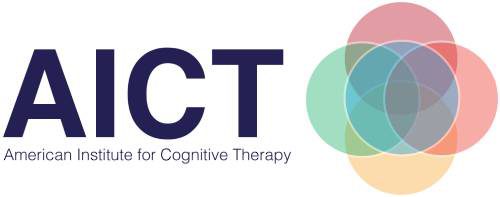Child and Adolescent Services
Children and Adolescents | Young Adults
Emotional problems in children and teenagers are quite common, occurring in about one quarter of children in any given year. Many children and teens encounter stressful events that may lead them to need short-term intervention. A death in the family, divorce, and anxiety about school or friendships respond well to short-term cognitive-behavioral therapy (CBT). CBT is also effective for treating more severe symptoms that significantly impact functioning at home and in school.
Research studies conducted over the last fifty years have consistently shown how effective cognitive-behavioral therapy is at addressing many mental health and life problems. CBT for children and teens focuses on helping them build important skills for meeting all kinds of life challenges. These skills are aimed at helping children and teens act more effectively (the behavioral part of CBT) and think more effectively (the cognitive part of CBT). Our clients learn skills for being successful in school, getting along with their peers, and managing the stress of a demanding and often confusing modern life.
At AICT, our child and adolescent specialists provide individual therapy and family therapy for children (ages 2-12), teens (ages 3-18), and their families. When necessary, we also provide short-term parent skills training and support for parents having difficulty managing behavior in the home. All treatment is evidence-based, which means that the treatment models we use have been repeatedly tested in research and clinical settings, and have been found to be effective in improving the problems they’re designed to treat. Our licensed clinical psychologists are extensively trained in CBT, Trauma-Focused CBT, parent skills training, family therapy, and Dialectical Behavior Therapy (DBT).
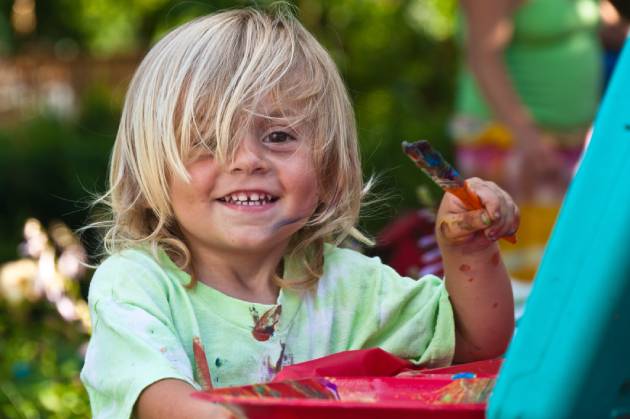
schedule a consultation at or intake@cognitivetherapynyc.com
Problems we treat at AICT:
- Anxiety Disorders such as generalized anxiety disorder, social anxiety disorder, separation anxiety disorder, and specific phobias
- Attention-Deficit/Hyperactivity Disorder
- Behavior Problems including temper tantrums, physical aggression, and noncompliance
- Coming out issues
- Depression
- Eating Disorders such as Anorexia Nervosa, Bulimia Nervosa, and Binge-Eating Disorder
- Enuresis and encopresis
- Disorders related to significant life stressors (divorce, death of a loved one)
- Insomnia, nightmares, and night terrors
- Obsessive–Compulsive Disorder and related disorders, such as Body Dysmorphic Disorder, hair-pulling, and skin-picking
- Post-traumatic stress disorder
- Problems related to adoption
- School refusal
- Suicidality and self-harm
How we work with parents:
Working with parents is an integral part of treatment at AICT. Parents may be involved through participation in regular or as-needed family sessions, regular or as-needed separate meetings with their child’s therapist, or by participating in parent skills training. In addition, your child’s therapist is available for between-session consultation and support. Parents with pre-school, elementary school, and middle school children should expect to be regularly involved in treatment. Parents of teens may participate less, but will have regular contact with their child’s therapist and be involved in making decisions about treatment.
How we work with schools and other service providers:
AICT Staff who work with children and adolescents:

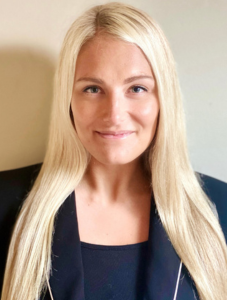
Dr. Funk’s approach to therapy emphasizes the individual, applying the principles of cognitive and behavioral therapies in a flexible manner to meet each client’s unique needs. She has particular expertise in working with individuals who are navigating anxiety, adolescents, depression, trauma, work or school stress, perfectionism, and procrastination, as well as numerous other life challenges. Dr. Funk views treatment as a collaborative process in which the therapist and client work as a team to identify factors contributing to the area of concern, set goals, and create change.
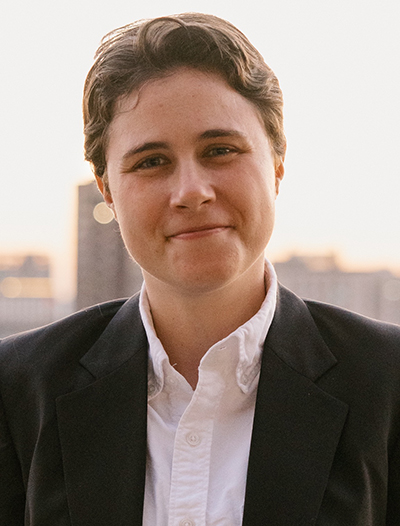
Dr. Rutherford offers a warm, compassionate, and individualized approach to evidence-based therapies. She emphasizes collaboration with her clients and provides a non-judgmental space to explore the problems in their lives and equip clients with the tools needed to cope with them. She is committed to helping her clients alleviate suffering and pursue lives that they feel are fulfilling and meaningful. Dr. Rutherford works with individuals throughout the lifespan and has particular expertise in working with those struggling with depression and anxiety, those going through transitions in their lives, those who have difficulty regulating emotion, and members of the LGBTQ+ community.

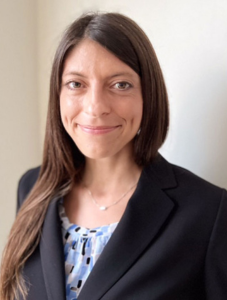
Dr. Dickey’s experience working with children and adolescents predates her doctoral training, as she spent three years as a therapeutic counselor at Little Keswick Therapeutic Boarding School in Virginia. Dr. Dickey has also received specialized training in Sport Psychology, and worked with Division I college athletes at Fairleigh Dickinson utilizing CBT principles to target anxiety maintenance and performance enhancement for both individual athletes and athletic teams. Dr. Dickey has extensive experience working with ASD at the Seaver Autism Center through Icahn School of Medicine at Mount Sinai, and as a behavioral therapist at both the Keswell School in Manhattan and by providing at-home ABA therapy to children and adolescents through Hybridge Learning Group. Dr. Dickey’s broad experiences have enhanced her clinical insight into how people are shaped by their environments, and furthered her deep appreciation for different cultural values and practices.
Helpful Resources
For more information on children and adolescents please see the following chapters that you can download below:
- Connor: Prevalence of aggression, anti-social behavior and suicide
- Campbell: Behavior Problems in Preschool Children: Second Edition: Clinical and Developmental Issues
- Bipolar Disorder in Childhood and Early Adolescence
– Edited by Barbara Geller and Melissa P. DelBello - Child Psychopathology: Second Edition
– Edited by Eric J. Mash and Russell A. Barkley - Cognitive-Behavioral Therapy for Anger and Aggression in Children
– Denis G. Sukhodolsky and Lawrence Scahill - Defiant Children: Second Edition: A Clinician’s Manual for Assessment and Parent Training -Russell A. Barkley
- Your Defiant Child: Eight Steps to Better Behavior – Russell A. Barkley
- Behavioral and Emotional Disordes in Adolscents: Nature, Assessment and Treatment – David A. Wolfe and Eric J. Mash.
- Separation Anxiety in Children and Adolescents: An Individualized Approach to Assessment and Treatment – Andrew R. Eisen and Charles E. Schaefer.
- Relationship Matters: How to Teach Children Compassion – Offra Gerstein
- The Effectiveness of of CBT in 3-7 Year Old Anxious Children: Preliminary Data, Journal of the Academy of Child and Adolescent Psychiatry, 2010. https://www.ncbi.nlm.nih.gov/pmc/articles/PMC2868557
- A New Way to Prevent Anxiety in Kids. Time Magazine, 2017. http://time.com/4806209/anxiety-kids-cognitive-behavioral-therapy/
Helpful Links
Effectivechildtherapy.org for a discussion on evidence-based treatments for children.
http://www.apa.org/pi/families/summit-report/ – The American Psychological Association’s Report Young Children’s mental health
http://www.mentalhealthamerica.net/recognizing-mental-health-problems-children – Recognizing Mental Health Problems in Children
